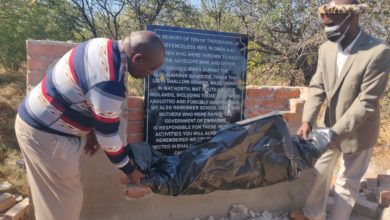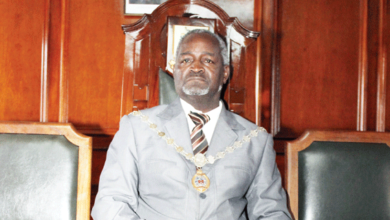Dete community org embarks on vegan project
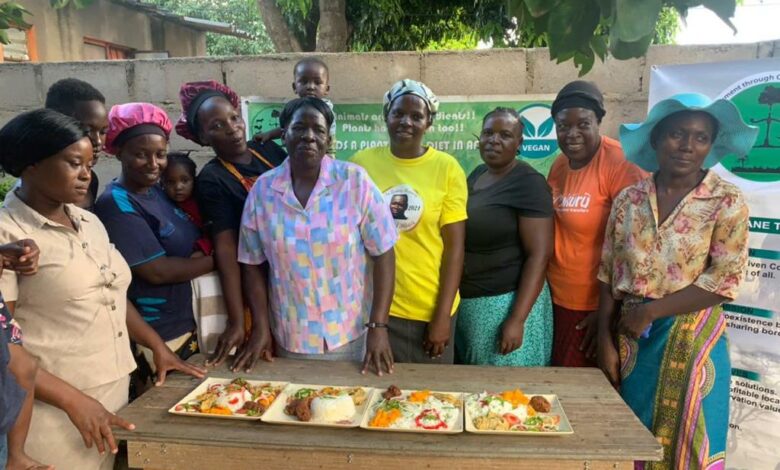
Tikobane Trust, a community conservationist organisation in Dete, has embarked on a vegan project to make meat substitutes using flour while educating locals in the small town and surrounding areas to cut back the use of animal meat products and improve their health.
The community organisation has also been promoting a plant-based diet to locals, believing that moving away from meat-intensive diets can lessen the negative effects of the food system on the environment and improve both human health and animal welfare.
“We are doing a Vegan project, promoting meat alternatives and making vegan meat. This initiative is to promote meat substitutes in the community and reduce the amount of meat that people eat. Why, someone can ask and we say this will improve their health and protect the environment as well,” said Ndlelende Ncube, Co-founder and Director of Tikobane Trust.
Ncube added: “One doesn’t have to be a vegetarian or stick to an entirely plant-based lifestyle to make simple changes to their diet.”
“Staying away from meat for a few days can have a huge impact on one’s health because excessive meat diets can increase the risk of diabetes and other diseases,” he noted.
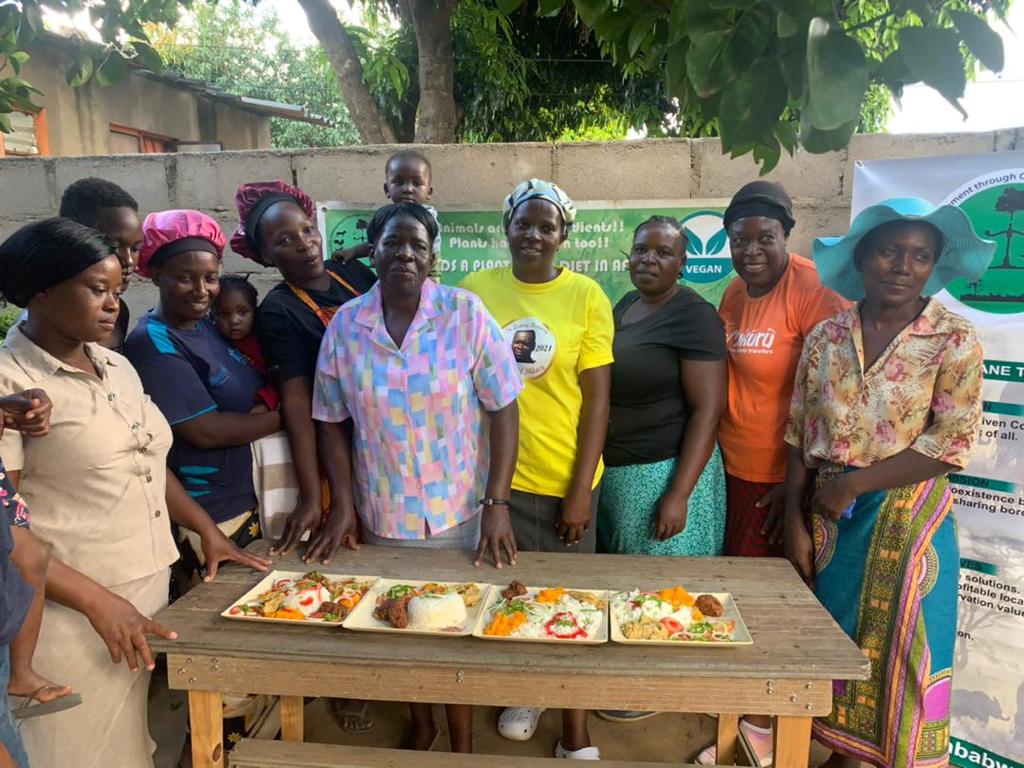
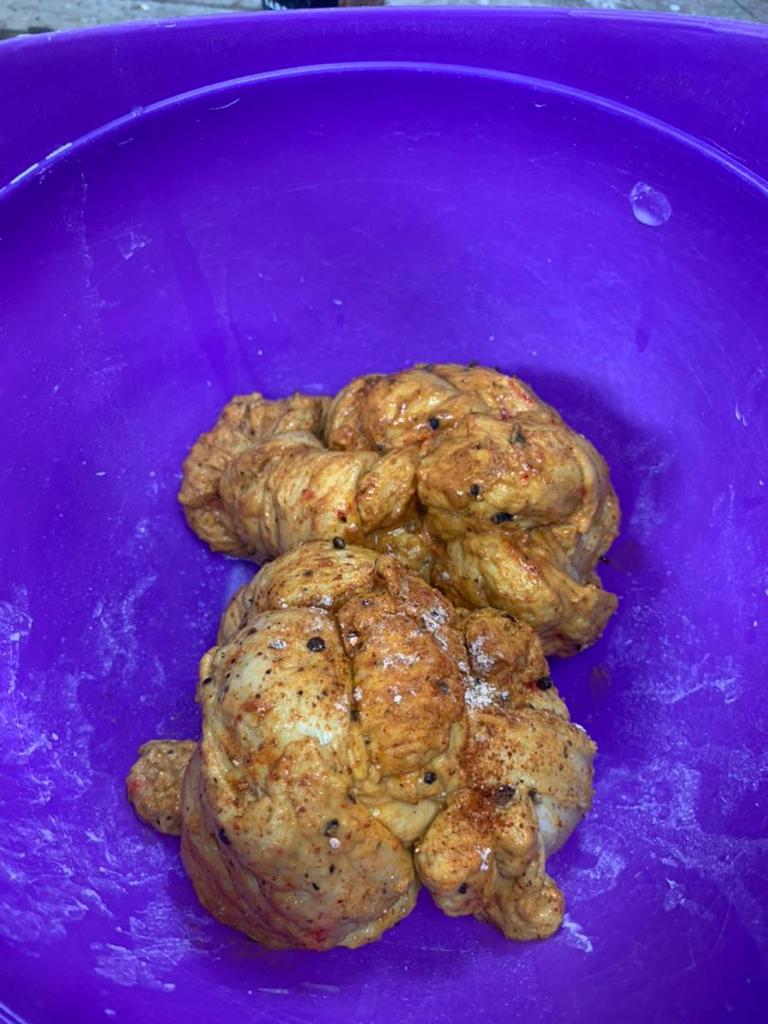
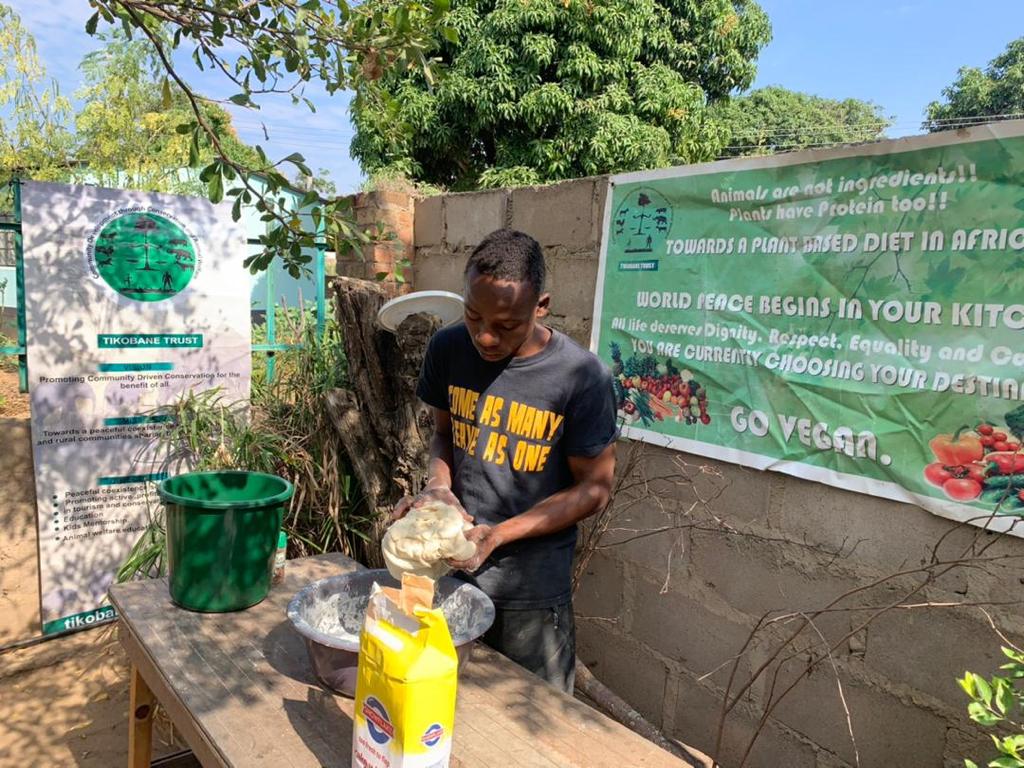
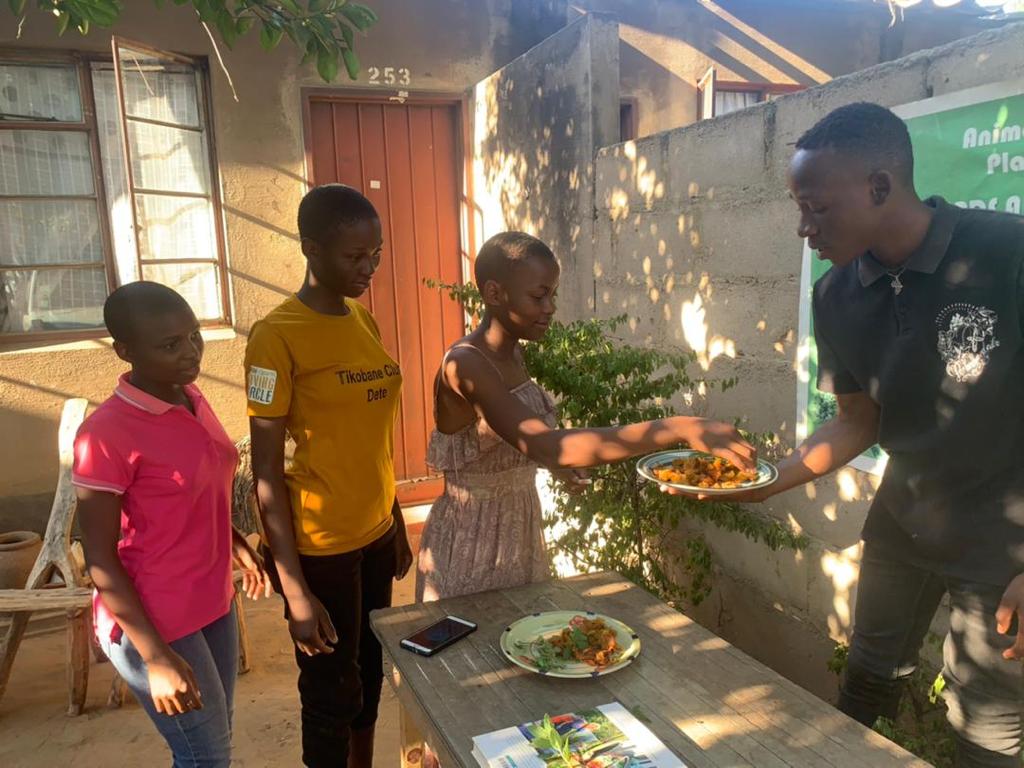
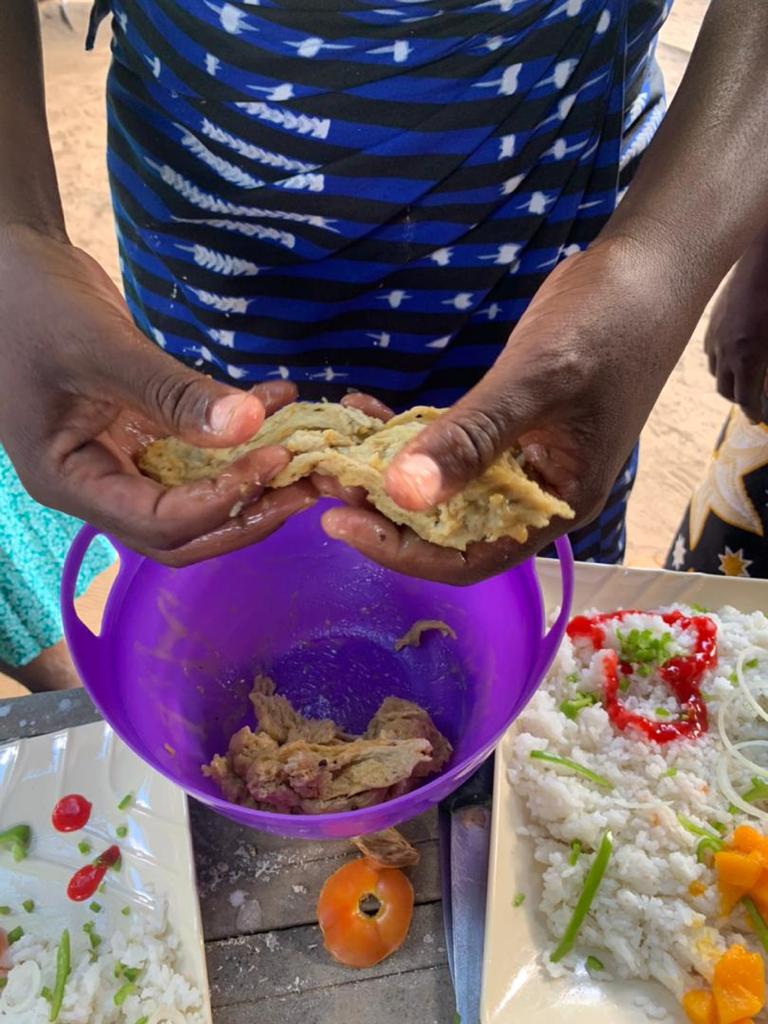
Ncube said their community training programmes started in Dete and were moving to Hwange and Lupane.
“We target women around these spaces from church and women clubs. We believe they are the ones who cook and make decisions on what the family eats. We have been doing cooking classes where we teach the women to cook meals with meat substitutes,” said the community leader.
He also mentioned that they used flour as one of their elements to manufacture meat substitutes.
“We first remove starch from the flour then make meat using the gluten and protein that is left on the floor. The food tastes equally like chicken, even the texture and protein is like that of chicken. This is the initiative we are doing,” Ncube said.
Ncube also claimed cutting down on meat is an easy way to help mitigate climate change.
“We have done our research. Keeping livestock and producing meat needs a lot of resources such as water, land, and feed. But by reducing meat consumption, the demand for these resources is also reduced and free up land for carbon-absorbing trees and natural landscapes,” he explained.
“A plant-based diet can also help reduce deforestation, which is a major contributor to climate change. Health wise, cutting down on meat can reduce the risk of diabetes and other diseases while plant based diets also have less risk.”
A young member of Tikobane Trust, Derrick Masina, added that promoting meat substitutes also “balances the preservation of Fauna and Flora.”
“The consumption of Fauna, which is animals these days, is serious. Look at the number of chickens that are slaughtered daily or the number of livestock slaughtered such as goats and cattle that people consume. We are telling people to rely on a vegan diet,” he said.
He noted that cutting down on meat can also save one’s budget.
“A vegan diet is healthy and very cheap. Look at the price of 2.5 kg of flour. It costs between US$2 to US$3, depending on the brand, then compare that with the price of 2kg beef, where one kg costs from US$4 going up depending on the cut of meat,” he said.
“For our trainings, we have been buying flour and spices, then go to gatherings where we teach people how to make meat substitutes. At the same time since we are conservationists, we are also trying to preserve livestock.”
Tikobane is a Nambiya word that translates to mean sharing. Through skill sharing, mentorship, and supportive voluntary education projects, the organisation works to develop a culture of social responsibility to people and the environment around them.



